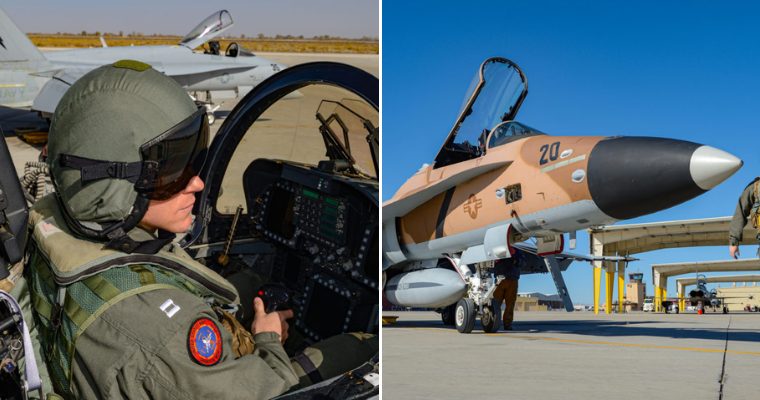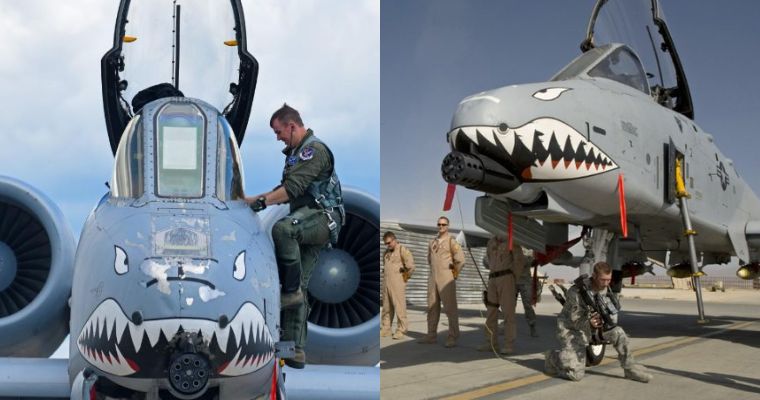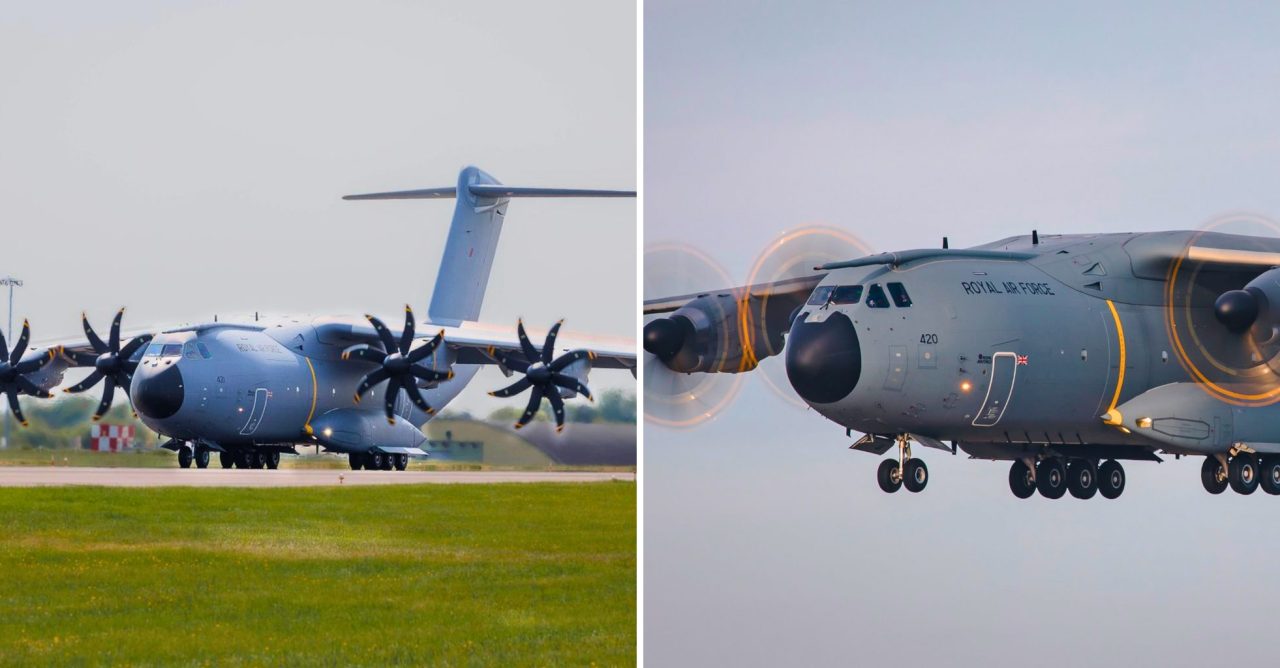Ukrainian leaders vented their frustrations with European allies, particularly Germany, on last week for refusing to send tanks to help Kyiv defend against Russia. Meanwhile, U.S. defense officials tried to fend off criticism of a Western coalition that is taking increased fire for a reluctance to deploy its most advanced ground combat vehicles to the battlefield.
The public pressure on Berlin and Washington reached a fever pitch ahead of a high-stakes meeting Friday at Ramstein Air Base in Germany. Defense Secretary Lloyd Austin will convene a gathering of Western nations to coordinate rounds of military aid for the Ukrainian army. Just days earlier, Britain announced that it would send its Challenger 2 tanks to Ukraine in a move that initially appeared to represent a shift in the West’s willingness to give Kyiv all of the top-shelf weapons and vehicles it wants.

The U.S. and Germany have not followed suit. The U.S. will supply Bradley fighting vehicles and other ground warfare assets to Ukraine, but Pentagon officials this week expressed skepticism at sending the more advanced — and potentially more effective — Abrams tanks. Germany has refused to deliver its Leopard 2 tanks and suggested it would do so only if the U.S. sends the Abrams.
Other European powers that say they are ready to send German-built Leopards to Ukraine cannot do so without Berlin’s authorization.
The standoff comes at a crucial moment in the Russia-Ukraine war. Russian troops and mercenary allies are making small gains in key areas of Ukraine’s disputed Donbas region in the east. Military analysts say Russia is laying the groundwork for a protracted conflict in Ukraine that could last deep into the year and perhaps beyond. That means Ukraine will have an increasingly dire need for Western ground vehicles to repel Russian advances and continue its counteroffensive operations.
SOURCE: washingtontimes.com








